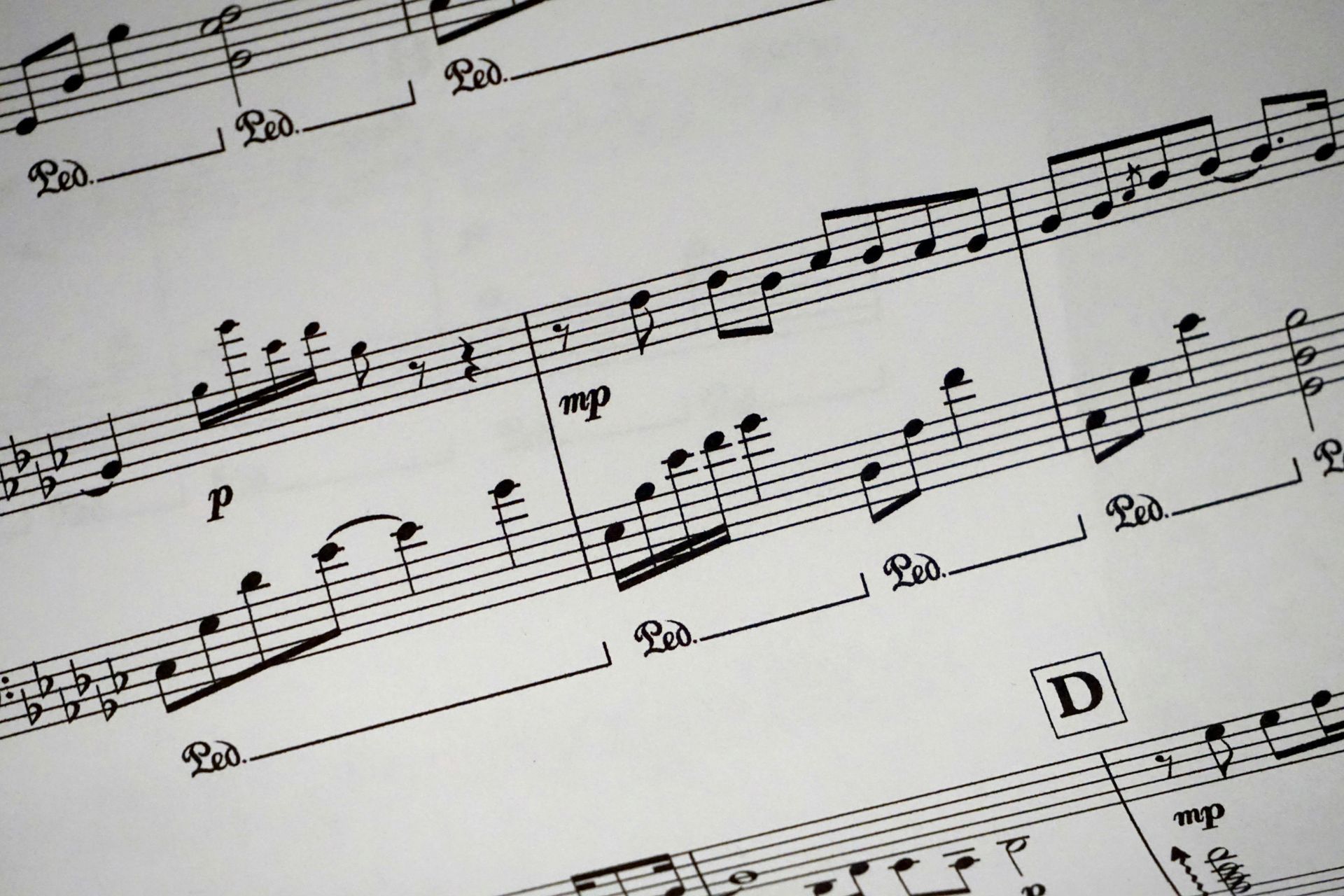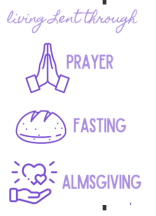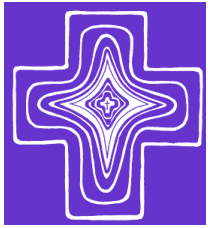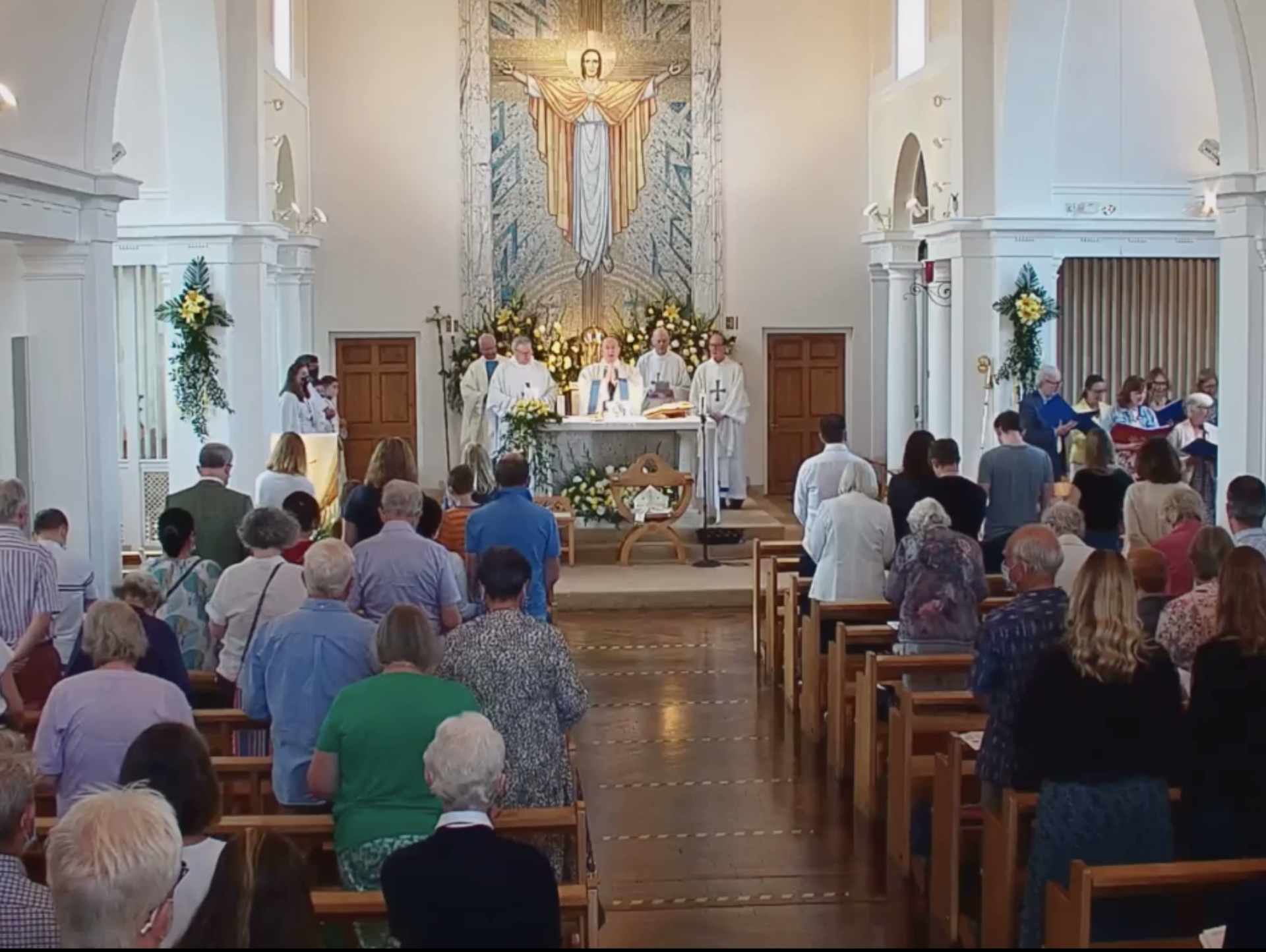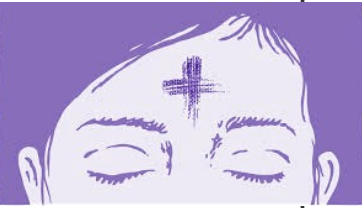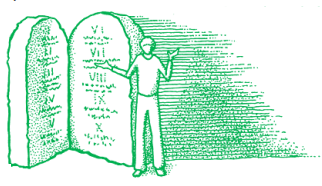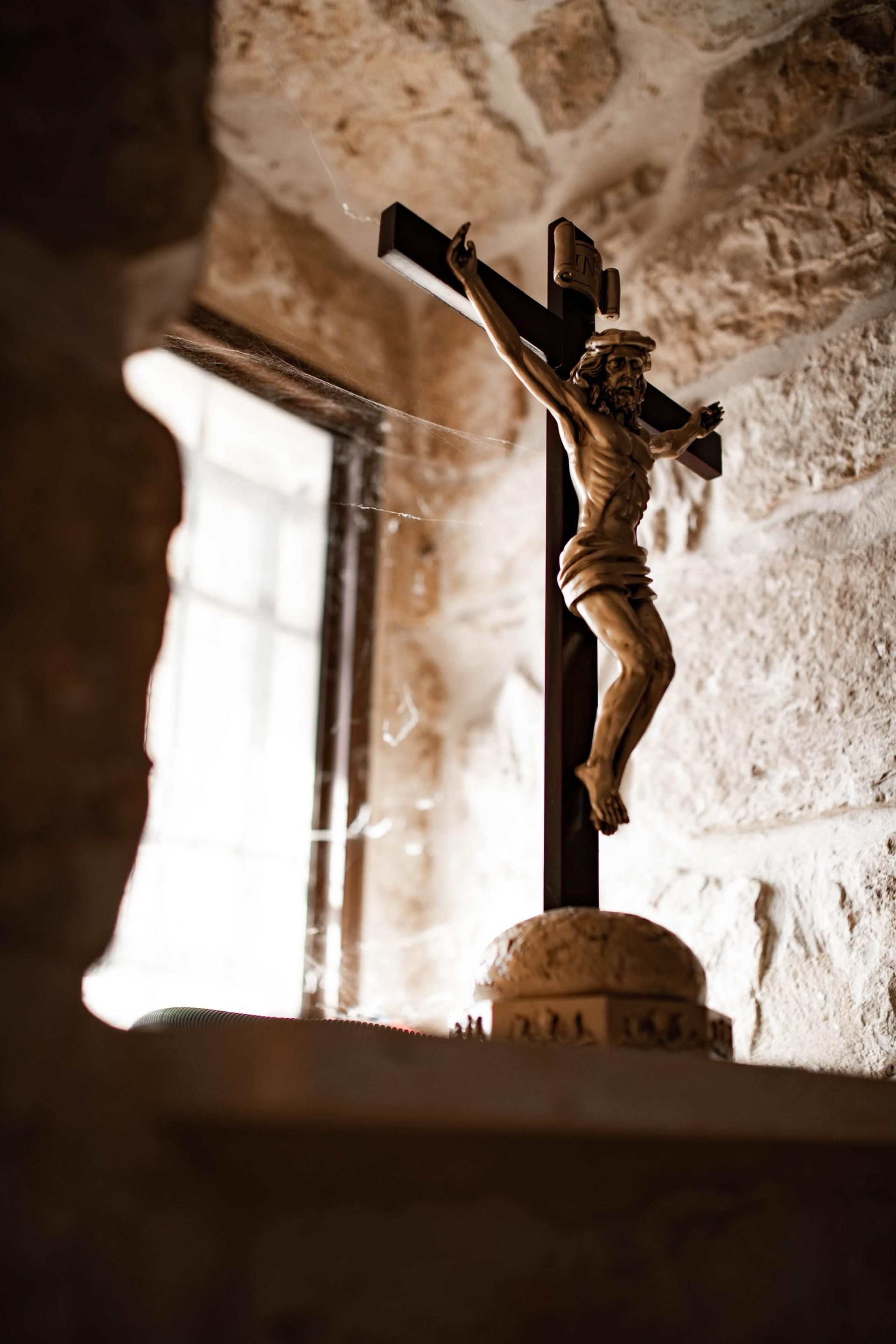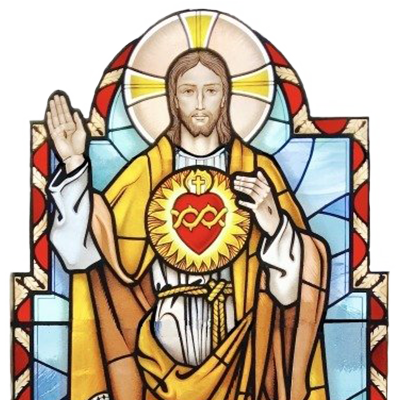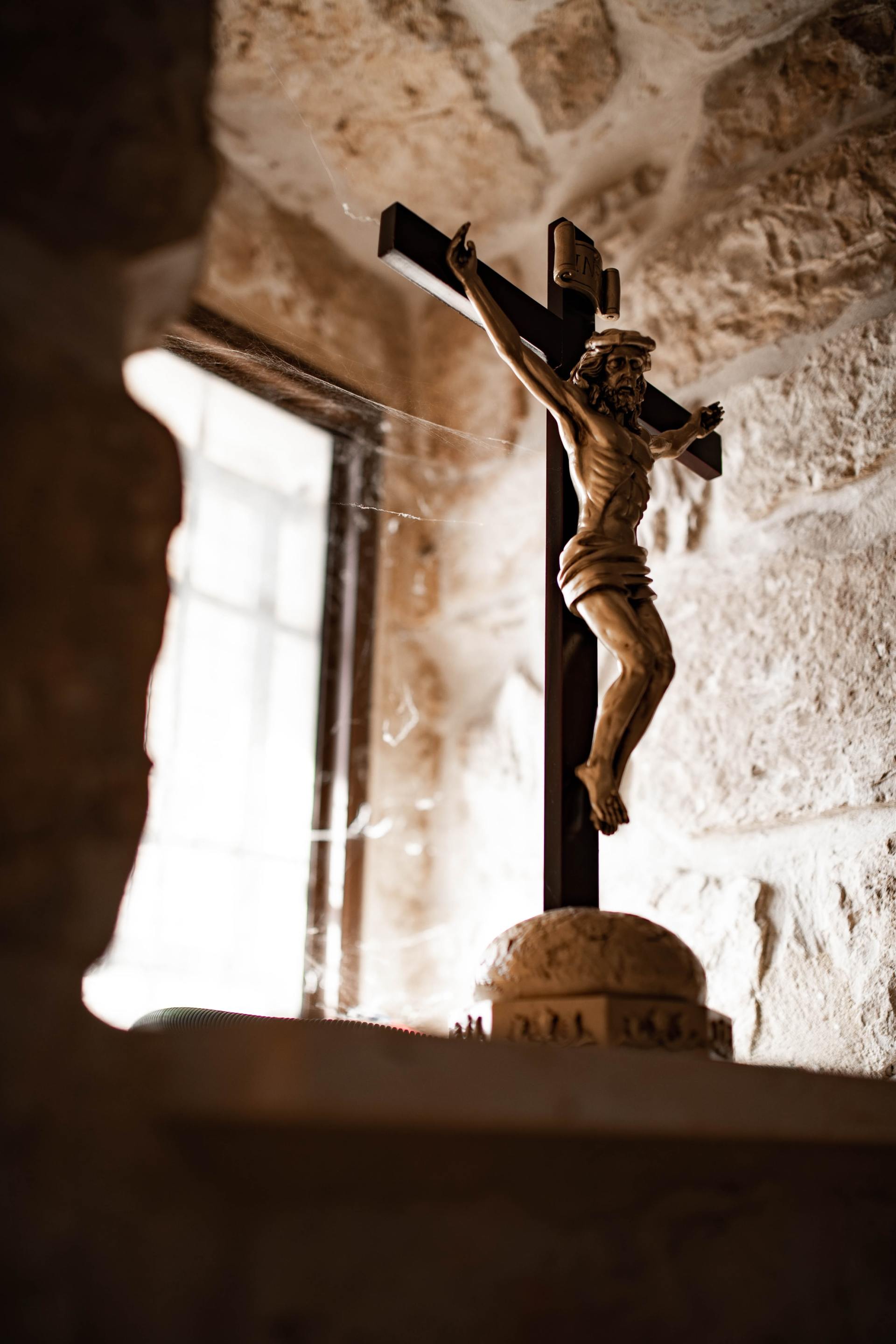Reflections by the Bishops of England and Wales
The Day of the Lord
Gathering as Bishops in Conference this week, we wish to pay tribute to all in the Catholic community who have shown such courage, generosity and understanding in the face of adversity this past year. Across England and Wales, families and parish communities have risen to the challenge of sustaining one another through times of great isolation, loneliness and grief in an impressive variety of ways, spiritual, emotional and practical. We thank all who have worked tirelessly in prisons, in hospitals, care-homes and across the medical profession for giving of themselves so generously. We thank all who have worked valiantly in our schools, facing unforeseen demands and meeting them with characteristic professionalism and dedication. We wish also to pay tribute to those who have given of their time and energy to keep open our churches as havens of peace and prayer. Churches up and down the land have realised the vision of Pope Francis that they be like village-wells where the thirsty come to drink in the midst of their journey; and centres of “constant missionary outreach.” We thank all who have developed diverse new patterns of outreach - of prayer, catechesis, study and spiritual solidarity; all who have made participation in the Mass possible through the internet.
Also prominent in this tribute should be thanks to all who have contributed to the immense effort of providing food for those most in need. The generosity shown in the distribution of so very many meals has given eloquent expression to the mercy, love and compassion which are at the very heart of God. Many have been touched by the joy of meeting Christ in the poor; and many of the poor by the joy of meeting Christ in selfless parishioners. The provision of food is often the first step into a deeper relationship of help and accompaniment, including the sharing of the gift of faith in our Blessed Lord.
‘Vibrant’ is a word which seems to have characterised so many of our parishes throughout the pandemic. We wish to salute our priests in particular for the leadership they have shown in this time of crisis. We thank them for their deep devotion to both the liturgy and to their parishioners. We commend every priest who made of his parish “a ‘sanctuary’ open to all” and with a particular care for the poor; and the many Deacons who have exercised with such generosity their mission of charity.
What will be the pace of our emerging from this pandemic remains as yet unclear. What is clear is the challenge we face of bringing our communities and the practice of the faith to a still greater expression and strength. As your bishops, we are aware of a threefold pattern to this challenge.
a) There are the fearful and weary, anxious about coming into the enclosed spaces of our churches; those who have simply lost the habit of coming to church. Personal contact, clear reassurance, and sensitive invitations will all be needed.
b) There are those who will have reassessed their pattern of life and priorities. The practice of faith within the community of the Catholic Church may not be among those priorities. A gap may have opened up, or widened, between the spiritual dimension of their lives and any communal expression of that spiritual quest. They represent a particular focus and concern for our outreach.
c) There are those whom we might describe as the ‘Covid curious,’ those who have come into contact with the Catholic Church through our presence on the internet – a contact we may be able to develop through our continuing presence across diverse media platforms.
In facing these challenges, we are endowed with veritable treasures which serve to resource and enrich us. Among them are our schools, in which so many are regaining confidence to come together with others. We believe our schools can indeed be bridges back to church. There is also the remarkable work of social outreach which has grown exponentially during these long months of pandemic. On this, too, we must build. But the greatest treasure is, of course, the sacramental life of the Church, and, pre-eminently, the Eucharist.
It is the Eucharist, the celebration of the Mass, that makes the Church; and it is the Church, in the gift of the Holy Spirit, which makes the Eucharist. The Holy Sacrifice of the Mass is the lifeblood of the Church. It requires our active participation and, to be fully celebrated, our physical presence.
At this moment, then, we need to have in our sights the need to restore to its rightful centrality in our lives the Sunday Mass, encouraging each to take his or her place once again in the assembly of our brothers and sisters. We face the task of seeking to nurture the sense of Sunday as “a weekly gift from God to his people,” and something we cannot do without; to see Sunday as the soul of the week, as giving light and meaning to all the responsibilities we live out each day; to see the Sunday Eucharist as food for the unique mission with which we have been endowed.
In the time to come we can do no better than to rekindle in our hearts, foster and encourage, a yearning for the Real Presence of the Lord and the practice of prayer before the Blessed Sacrament, a gift so deeply appreciated in these times of lockdown. We need to begin by fostering this in ourselves. For the Eucharist should be the cause of our deepest joy, our highest manner of offering thanks to God and for seeking his mercy and love. We need to make it the foundation stone of our lives.
The invitation to Sunday Mass resonates all the more deeply when we consider, as Pope St John Paul II reminds us in the Encyclical Letter Dies Domini, that the Sabbath rest is nothing if not a call to remember the gift of God’s Creation. The Eucharist is indeed a celebration of the created world, called into life by the Eternal Word, for the bread and wine of the earth becomes the Body and Blood of Christ who is that same Lord of all life. The Christ to whom we come so close in the Eucharist must be the foundation of our strivings, not least in the urgent task we face of caring for creation and our environment.
Pope St John Paul II spoke of our amazement at the gift of the Mass and the abiding Presence of our Blessed Lord in the Sacrament of the Altar. Herein lies our treasure, enriching our relationship with Jesus and bringing together every aspect of our life and mission. This is such an important focus for our task in the coming months.
